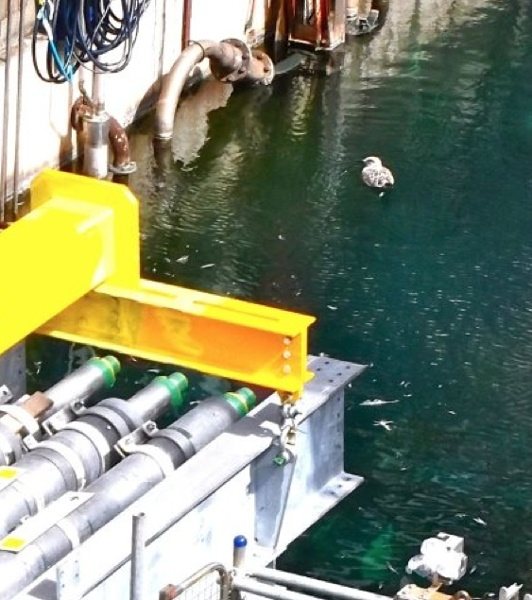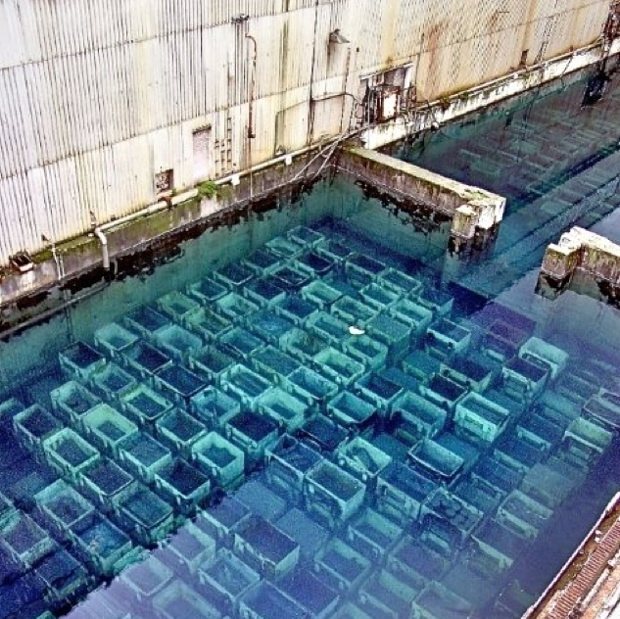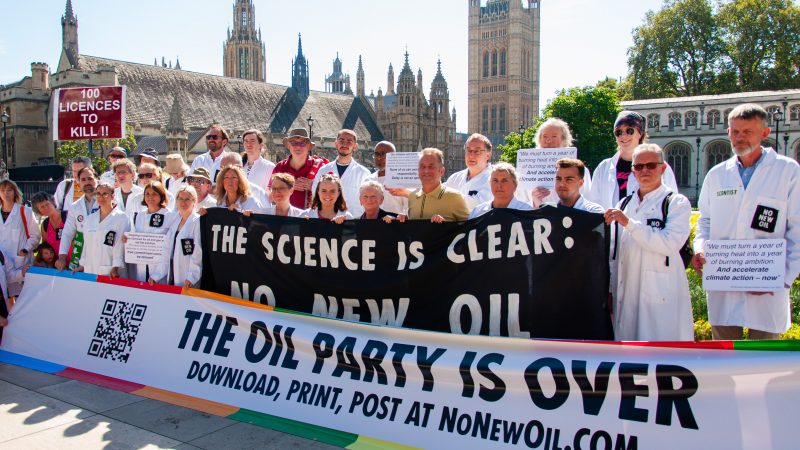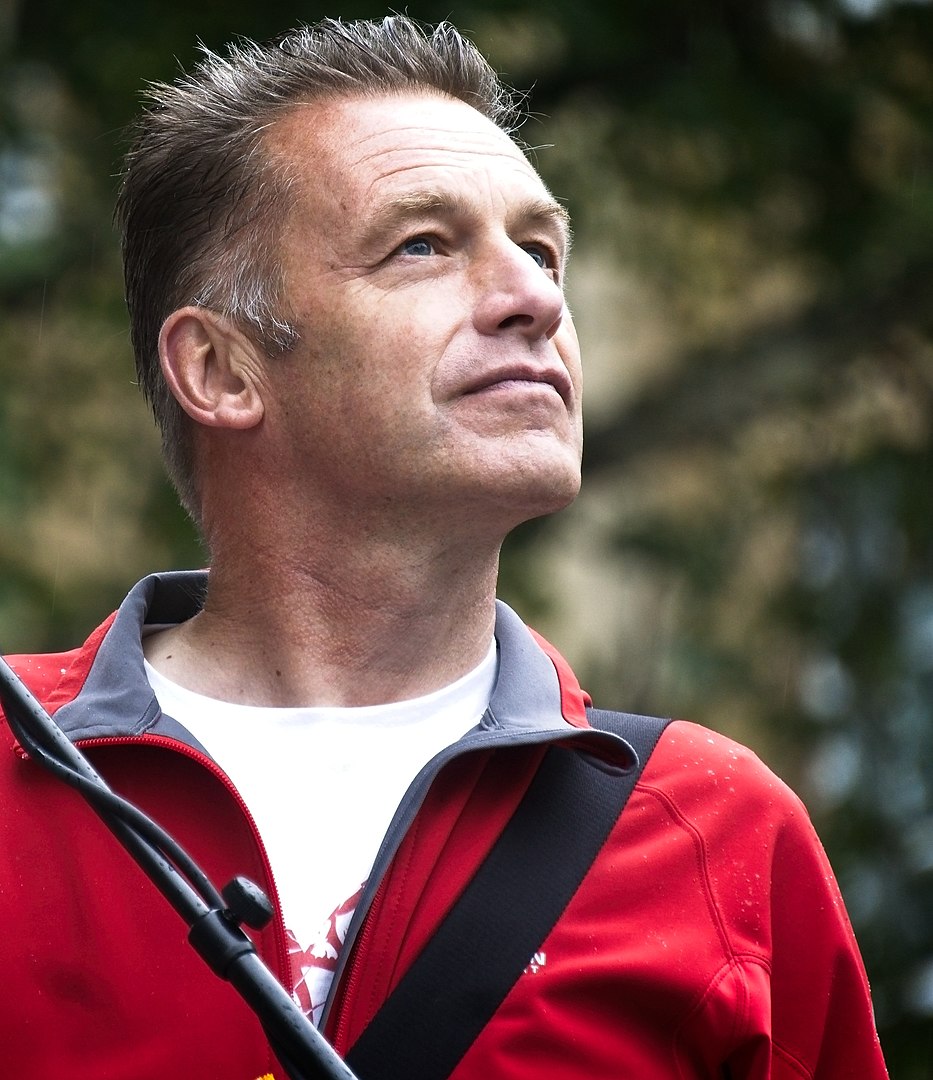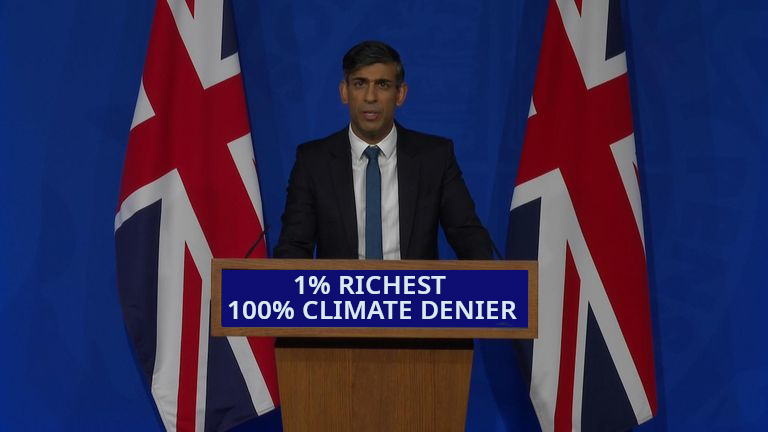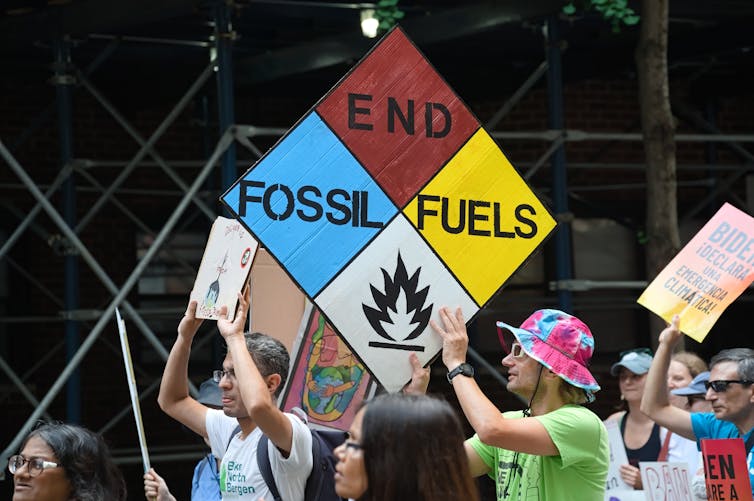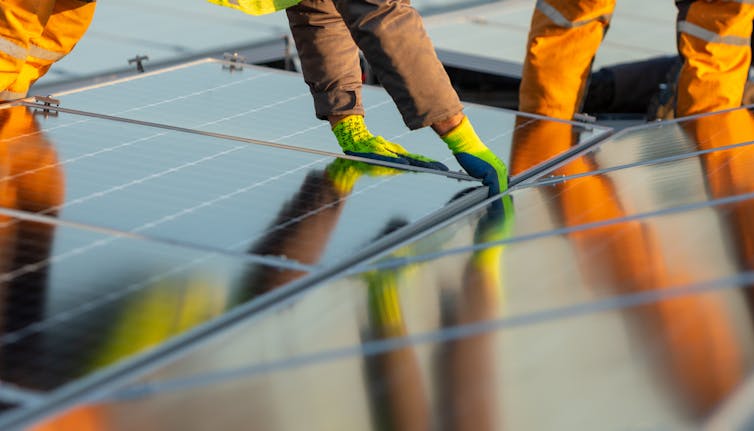Dutch Court Hears Case Accusing Government of Complicity in Israeli War Crimes
Original article by JULIA CONLEY republished from Common Dreams under Creative Commons (CC BY-NC-ND 3.0).

“When military goods can contribute to human rights violations or international humanitarian law, that export is strictly prohibited,” said one campaigner. “It is incomprehensible that, despite clear warnings, the government has knowingly deviated from this.”
A Dutch court on Monday heard opening arguments in a case brought by four human rights organizations that have accused the government of the Netherlands of being complicit in Israeli war crimes due to its export of military supplies as Israel kills thousands of civilians in Gaza.
Supplying the Israel Defense Forces (IDF) with parts for F-35 fighter jets, which are stored in a warehouse in the Netherlands, puts the Dutch government at risk for “becoming complicit in violations of international humanitarian law,” the director of the Dutch branch of Amnesty International , one of the plaintiffs, said when the lawsuit was announced last month.
Amnesty is joined by Oxfam Novib—the Dutch chapter of Oxfam International—The Rights Forum, and PAX in the case, which is expected to result in a judgement around December 15.
The groups filed the lawsuit after government documents showed the Netherlands had allowed at least one shipment of reserve parts for F-35s since October 7, Al Jazeera reported .
The Dutch Defense Ministry wrote in a letter to Parliament that “it cannot be established that the F-35s are involved in grave violations of the humanitarian laws of war,” but with nearly 16,000 people killed in Gaza in less than two months—including more than 6,600 children —the human rights groups aim to test that claim in court.
“The state must immediately stop its deliveries of F-35 parts to Israel,” lawyer Liesbeth Zegveld said Monday at the Hague District Court. “That is its obligation under… Article 1 of the Geneva Conventions, it is its obligation under the Genocide Treaty to prevent genocide, and it is its obligation under export law.”
Martje van Nes, PAX’s director of organization, pointed out last month that “the Netherlands has a very concrete assessment framework for arms exports.”
“When military goods can contribute to human rights violations or international humanitarian law, that export is strictly prohibited,” said van Nes. “It is incomprehensible that, despite clear warnings, the government has knowingly deviated from this. This makes them responsible for the deployment of the equipment.”
PAX noted on Monday that the call for the Netherlands to end shipments of any supplies that Israel could use to continue its massacre of Palestinian civilians—in retaliation for an attack by Hamas in October that killed 1,200 Israelis—”is all the more urgent” considering the end of a temporary cease-fire on Friday. More than 800 people have been killed since the pause in fighting ended last week, and Israel was stepping up its ground attacks on Monday.
“As far as we are concerned, the government must take action now to protect citizens,” said PAX on social media. The group has demanded a permanent humanitarian cease-fire.
Dagmar Oudshoorn, director of Amnesty International in the Netherlands, said that as the host country “of both the International Court of Justice and the International Criminal Court,” the Dutch government “likes to present itself as a champion of international law.”
“Our government is losing all credibility right now,” she said. “Evident violations such as food, water, and fuel blockade, the forced displacement of the population, and the bombing of schools and hospitals, are not mentioned. And by supplying armies, the Netherlands runs the risk of becoming complicit in violations of international humanitarian law.”
The Netherlands has maintained since October 7 that Israel “has the right to defend itself” and has called for Prime Minister Benjamin Netanyahu’s government to adhere to international law, but the groups said the IDF is clearly not doing so and should lose the support of the country.
“This complicity must stop now,” said Gerard Jonkman, director of The Rights Forum.
Original article by JULIA CONLEY republished from Common Dreams under Creative Commons (CC BY-NC-ND 3.0).
